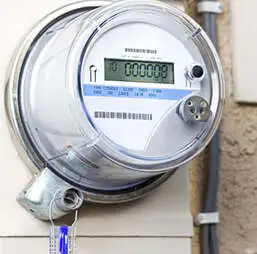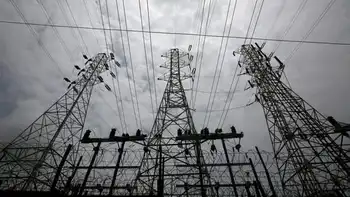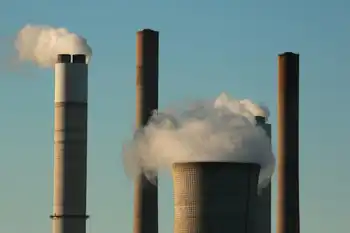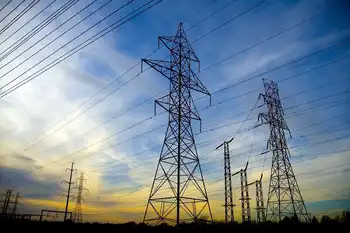Germany debates dumping nuclear power
BERLIN, GERMANY - Energy firms must invest massively in non-nuclear power and consumers should brace for higher charges, politicians said as leaders of German states met to discuss a speedy exit from nuclear energy.
"Nuclear energy has no future in Germany," said Lower Saxony prime minister David McAllister, one of 16 state heads meeting Chancellor Angela Merkel for talks in the wake of Japan's nuclear catastrophe.
"It's clear we need to implement the exit if we don't want to lose people's confidence," he told newspaper Sueddeutsche Zeitung.
Shares in top energy firms such as E.ON and RWE fell in an otherwise buoyant market as uncertainty mounted over how the policy shift would affect them.
German utilities are facing one of the biggest challenges ever as their most profitable large-scale generation assets, their nuclear plants, face an uncertain future.
"A bigger bang is inevitable and needed. Utilities have a lot to lose," said Kepler Equities analyst Ingo Becker, who predicts both E.ON's and RWE's share prices could still lose more than 10 percent.
Japan's nuclear crisis has led to a volte face in Germany's nuclear energy plans and an immediate shutdown of several nuclear plants while the government promises to shore up the renewable sector.
Economy Minister Rainer Bruederle, speaking on German radio, said Germany's early exit from nuclear power would impose additional costs on consumers and taxpayers of around one to two billion euros.
But he downplayed as "speculative" a media report saying the exit would cost the federal government an additional three billion euros annually.
Power firms should invest massively in coal and gas-fired power technology and renewable energy sources, Harry Voigtsberger, economy minister of Germany's most populous state North Rhine Westphalia, said in the Financial Times Deutschland.
Germany generates around 23 percent of its power from nuclear sources and faces a supply squeeze if the switch is turned off before a 2022 deadline set in 2000 by the former center-left government of Social Democrats and Greens.
Related News

Hong Kong to expect electricity bills to rise 1 or 2 per cent
HONG KONG - Hong Kong customers have been asked to expect higher electricity bills next year, with a member of a government panel on energy policy anticipating an increase in tariffs of one or two per cent.
The environment minister, Wong Kam-sing, also hinted they should be prepared to dig deeper into their pockets for electricity in the wake of power companies needing to use more expensive but cleaner fuel to generate power in the future.
HK Electric supplies power to Hong Kong Island, Lamma Island and Ap Lei Chau. Photo: David Wong
The city’s two power companies, HK Electric and CLP Power,…




